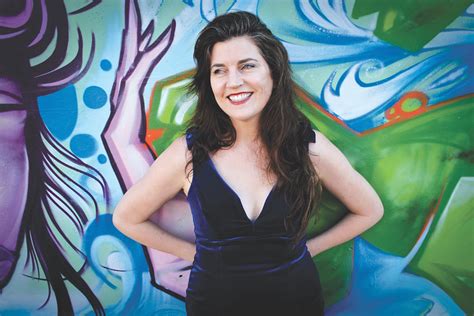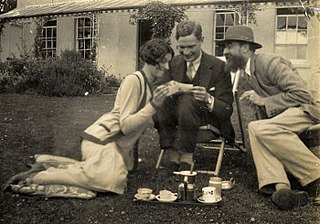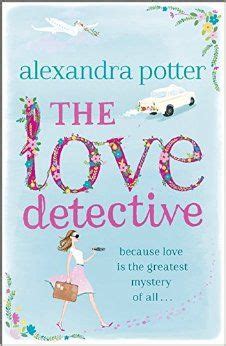A Quote by Percival Everett
Often one finds surprises in a novel, but it is rare to find a novel that is a surprise. Richard Melo's 'Happy Talk' is just that. It is like a collision of William Gaddis, M*A*S*H and The Beguiled. It is a Haiti I could never have imagined and will not soon forget. These nurses are crazy and I wish I knew them.
Related Quotes
It's very bad to write a novel by act of will. I can do a book of nonfiction work that way - just sign the contract and do the book because, provided the topic has some meaning for me, I know I can do it. But a novel is different. A novel is more like falling in love. You don't say, 'I'm going to fall in love next Tuesday, I'm going to begin my novel.' The novel has to come to you. It has to feel just like love.
To read 'Happy Talk' is to crash a party as vivid and surreal as Felini's 8. It's the business of show business, the American dream, told by a chorus of Americans locked just outside of that dream, outside of the United States, relegated to expatriate status on the shores of Haiti. Melo paints a version of Haiti that's an interior landscape perhaps even more than an externalized place. This Haiti is a plan, a memory, a morphine-drip fueled dream out to bond its inhabitants forever.
The more readings a novel has, even contradictory, the better. In journalism, you talk about what you know; you have provided yourself with records, you have gathered information, you have performed interviews. In a novel, you talk about what you don't know, because the novel comes from the unconscious. They are very different relationships with words and with the world. In journalism, you talk about trees; in the novel, you try to talk about the forest.
Nothing is wrong with you. You're not different. Everybody feels as bad as you do: this is just what writing a novel feels like. To write a novel is to come in contact with raw, primal feelings, hopes and longings and psychic wounds, and try to make a big public word-sculpture out of them, and that is a crazy hard thing to do.
My chest tightens: seeing him so upset breaks my own heart. 'Don't you ever wish you could make that bit go away?" I say, feeling angry at the past. 'That you could erase those painful memories, forget they every happened, just remember the happy times you had together?' 'You must never say that,' he reprimands sternly. 'But why not?' I look at him in surprise. 'Because it's the bad memories that makes you appreciate the good ones. Don't ever wish them away. it's like your nan always used to say, "You need both the sun and the rain to make a rainbow".






































